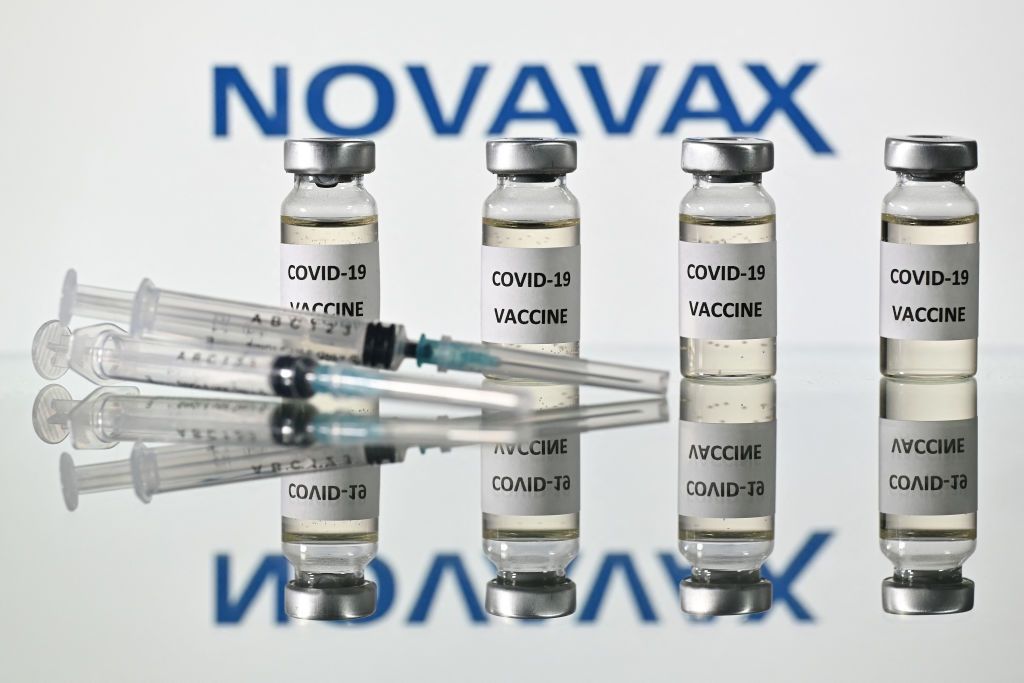A recent study led by the University of Oxford, called the Com-COV3 study, has revealed promising findings from trials involving the Novavax vaccine, Nuvaxovid, and regarding the immune response and side effect profile of “mixed” two-dose COVID-19 vaccine schedules in adolescents aged 12 to 16 years.
The study administered either a full or a one-third (fractional) dose of the Pfizer-BioNTech COVID-19 vaccine, or a full dose of the Novavax vaccine, at least eight weeks after the first full dose of the Pfizer-BioNTech vaccine.
The researchers published their findings in the Journal of Infection, reporting that a mixed schedule combining a full dose of Pfizer-BioNTech followed by a full dose of Novavax resulted in fewer breakthrough infections and higher antibody and T-cell responses compared to the licensed two full dose (homologous) Pfizer-BioNTech schedule. This mixed schedule demonstrated effectiveness against both wild-type COVID-19 and the omicron variants (BA.1 and BA.2).
On the other hand, a full dose of Pfizer-BioNTech followed by a fractional (one-third) dose of the same vaccine produced lower antibody concentrations to wild-type COVID-19 but generated similar neutralizing antibodies as two full doses of Pfizer-BioNTech against both omicron variants.
The study participants who received the fractional dose of Pfizer-BioNTech as their second vaccine reported fewer and milder side effects compared to the other groups. Notably, no vaccine-related safety concerns were raised among the 148 participants aged 12 to 16.
This groundbreaking research is the first randomized controlled trial to examine the immune response and side effect profiles of standard and mixed vaccine COVID-19 schedules in adolescents.
In a news release, Dr. Angela Minassian, chief investigator on the trial from the Oxford Vaccine Group, expressed her gratitude for the collaborative effort between U.K. sites and the participation of young individuals. She emphasized that the mixed and fractional…
Read the full article here

Leave a Reply